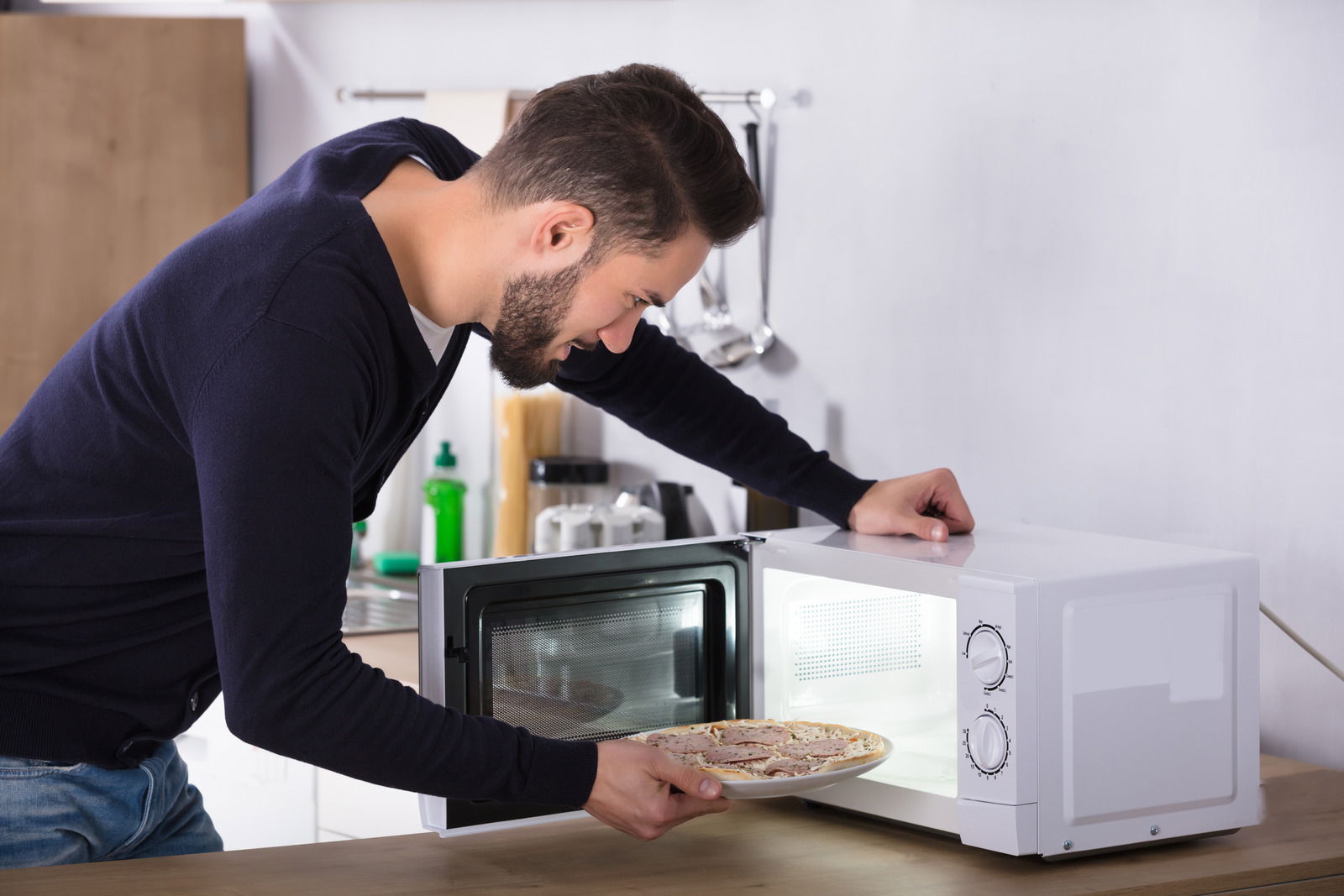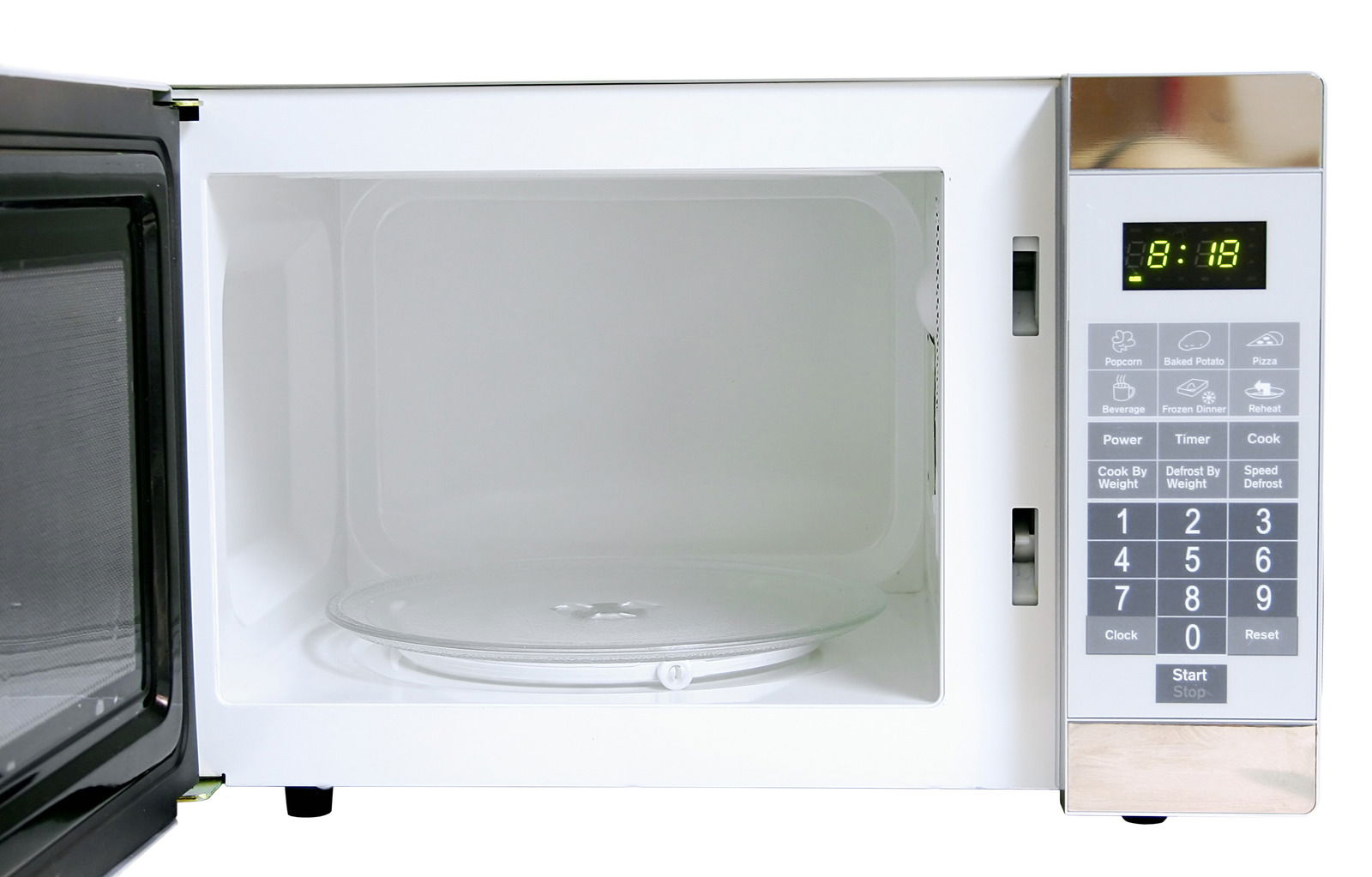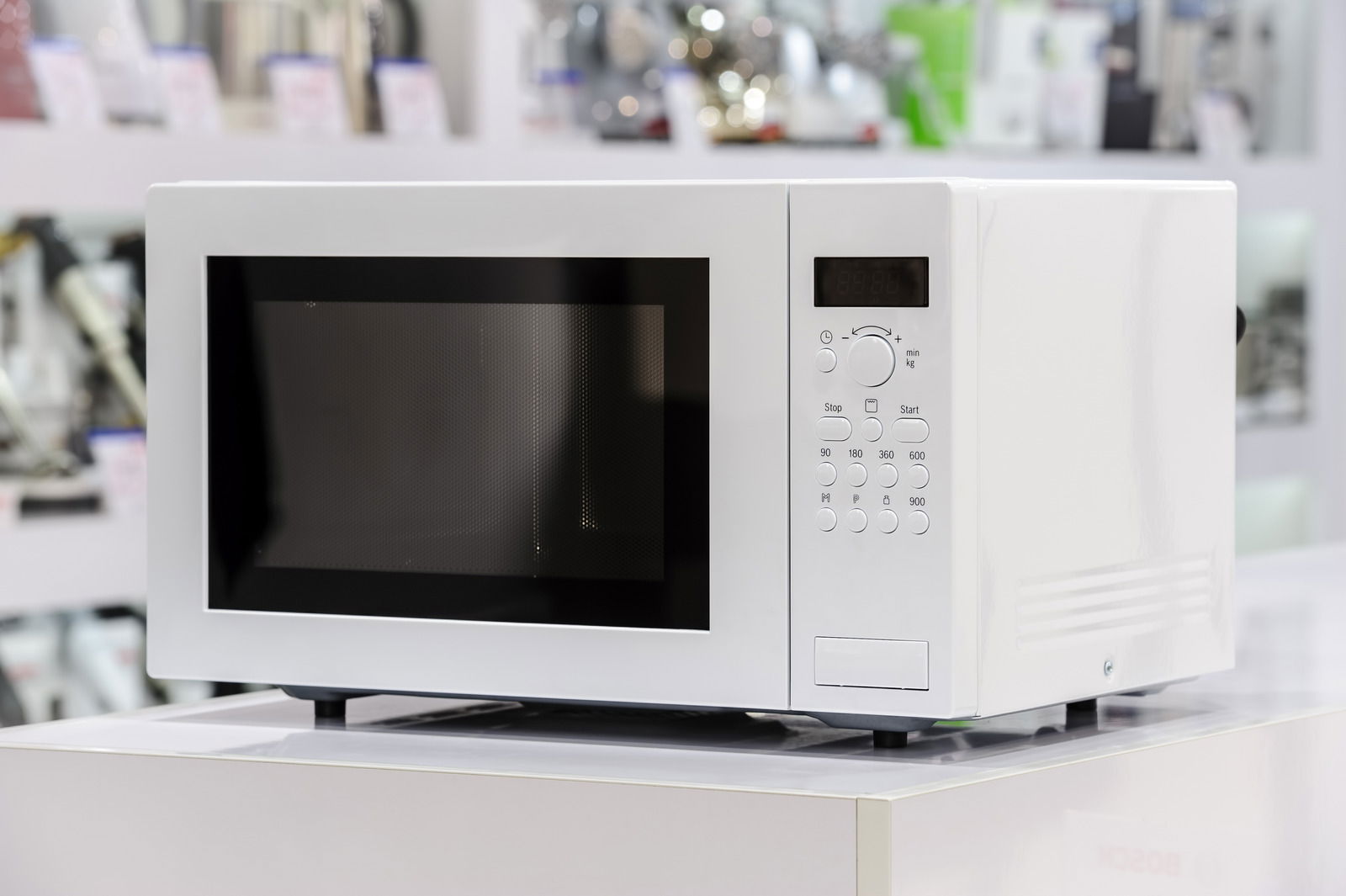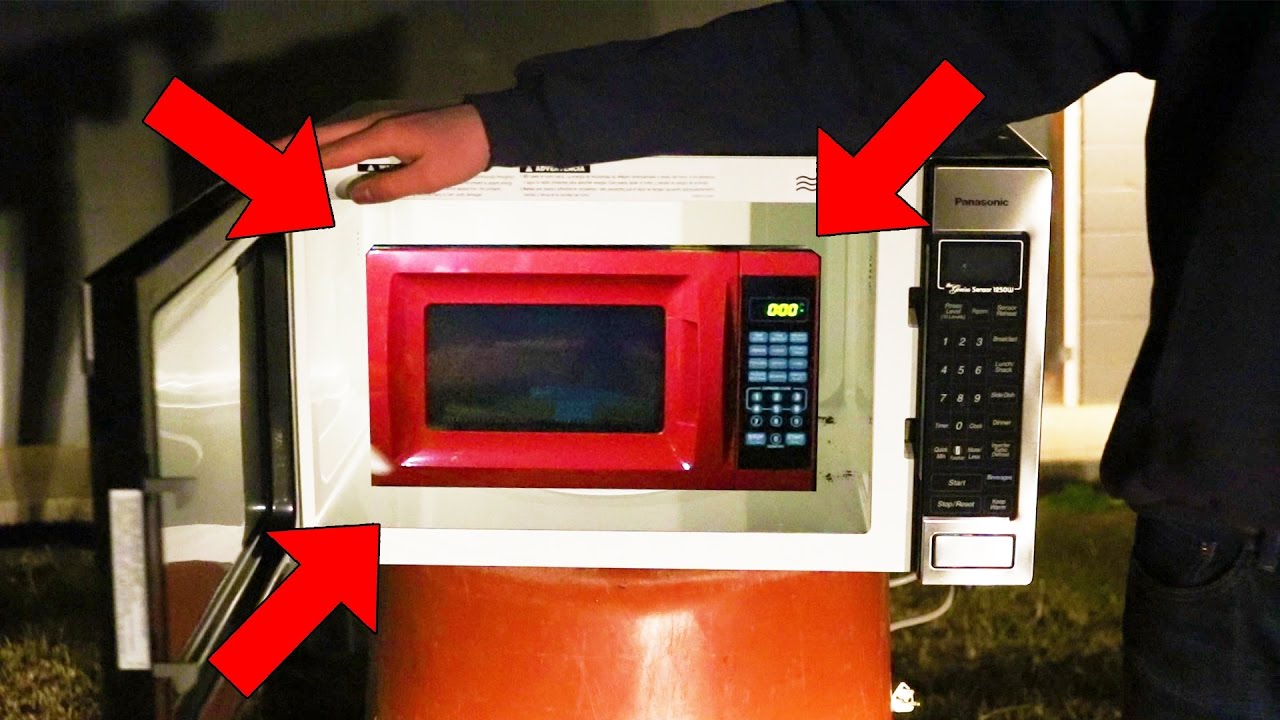The Things to Consider When Using a Microwave
When it comes to preparing food, the microwave is a fast and convenient method that can save you time. The microwave may not always be the best choice for cooking certain items. With some common sense and research, you can learn how to use your microwave to its best ability. It's important to consider these things before using your microwave: energy levels, nutritional value, convenience factors, safety and sanitation of food, how much power is used in the microwave and more. Read on for 10 simple tips so you can make the most out of this kitchen appliance!
The reason for a microwave is to prepare food. This is done by heating the food to a certain temperature for a certain amount of time. The microwave uses electromagnetic radiation in order to heat food through the process of conduction, convection and radiation. A microwave oven can heat your food on its own or with help from an oven (e.g., broil, bake, roast). There are likewise a few customary techniques that can be utilized, like bubbling water, steaming vegetables and simmering meat.

How does microwaving work?
Microwaves use electromagnetic waves to heat food. These waves are like radio waves, however they have a more limited frequency and are more moved in the microwave This is why microwaves cook your food so quickly!
What are your concerns with using the microwave?
The microwave is a great addition to any kitchen with its fast cooking times and convenience. It's important to consider your concerns before using this kitchen appliance so you can make the most of it. One concern may be energy levels. Microwaves use a lot of energy, so it might not be the best option if you're trying to save money on your bills. If you decide to use the microwave, use less power by setting it for shorter cooking times or turning off the heating element at the end of cooking. You could also cook in batches so that you only turn on one or two at a time.
Choose the right energy levels
Energy levels in microwaves are often measured in watts. When buying a microwave, make sure you're aware of the wattage of the product and that this microwave is compatible with your lifestyle. You should also consider how many people will be using your microwave daily so you can purchase one that suits both your needs and those of other people who may use it.
Consider nutritional value and health risks
It's important to consider the nutritional value of your meal and how it can affect your health before using a microwave. There are plenty of foods that you may consider microwaving that have lower nutritional values than other cooking methods. In addition, there are some food items that are safe to microwave but don't necessarily provide good nutritional value. For example, potatoes cooked in the microwave will be cooked faster than baking them in the oven, but they won't provide any more nutrients than if they were baked. Another thing to consider is health risks when using an appliance like the microwave. When cooking with a microwave, you want to be sure that whatever is being heated is safe to eat and will not cause any problems. You need to make sure that anything being prepared in the microwave has been properly cooked so it doesn't carry any harmful bacteria or germs from raw food into your food.
Consider convenience factors
If you're using your microwave for convenience, consider the size of the meal. If a microwave-safe dish is too big to fit in the microwave, it's not worth it to use this method. If you plan on cooking an entire meal at once and reheating it later, try a larger oven or stovetop. This will save you time and energy over the long haul!
Consider safety and sanitation of food
One of the principal interesting points while utilizing a microwave is food handling. Before using any microwave, it’s important that you clean the interior surface so that bacteria and germs are eliminated before cooking. If your microwave has a removable plate, such as a turntable, you should also clean that. Another thing to consider when using your microwave is how much power it uses in order to cook food. This can be measured by checking the wattage on the oven door or inside the microwave after removing all packaging. If you're unsure about how much power your microwave uses, try cooking with more than one half power level at a time so you can see if this affects the food's size and nutritional value.

Consider power usage
Before using your microwave, you should consider how much power is used to prepare food. One major drawback to microwaves is that they use a lot of energy! If you don't want to burn a hole in your wallet as well as the environment, make sure you're using it wisely. Microwaves use about 3-6 watts per square foot and can only be used for about two minutes before needing a rest period.
Know how to clean your oven after use
Cleaning your oven after use is essential to the health of your house. If you want your oven to stay in good condition, it's crucial that you clean it when you're finished cooking. There are a few different ways to clean an oven and you can use one of these methods depending on what type of material is caked onto the oven's surface.
- To get rid of grease, you can use a commercial dish detergent designed for cleaning ovens. For more obstinate stains, empty a few white vinegar into a bowl and plunge a wipe into the combination. Permit the vinegar to sit for five minutes prior to cleaning it with a fast scouring movement.
- f there is something stuck in the oven that won't come off with water or vinegar, consider using baking soda or cornstarch as a natural cleaner and soak in water after scrubbing.

Conclusion
Microwaves are convenient, but you need to be careful when using them. It’s important to consider the potential health risks of microwaving your food, as well as the convenience of the appliance. It's additionally vital to make sure to clean your microwave after use. This can assist you with keeping away from the gamble of spreading microscopic organisms or leaving a wreck in your kitchen.
References: www.gostylelist.com

